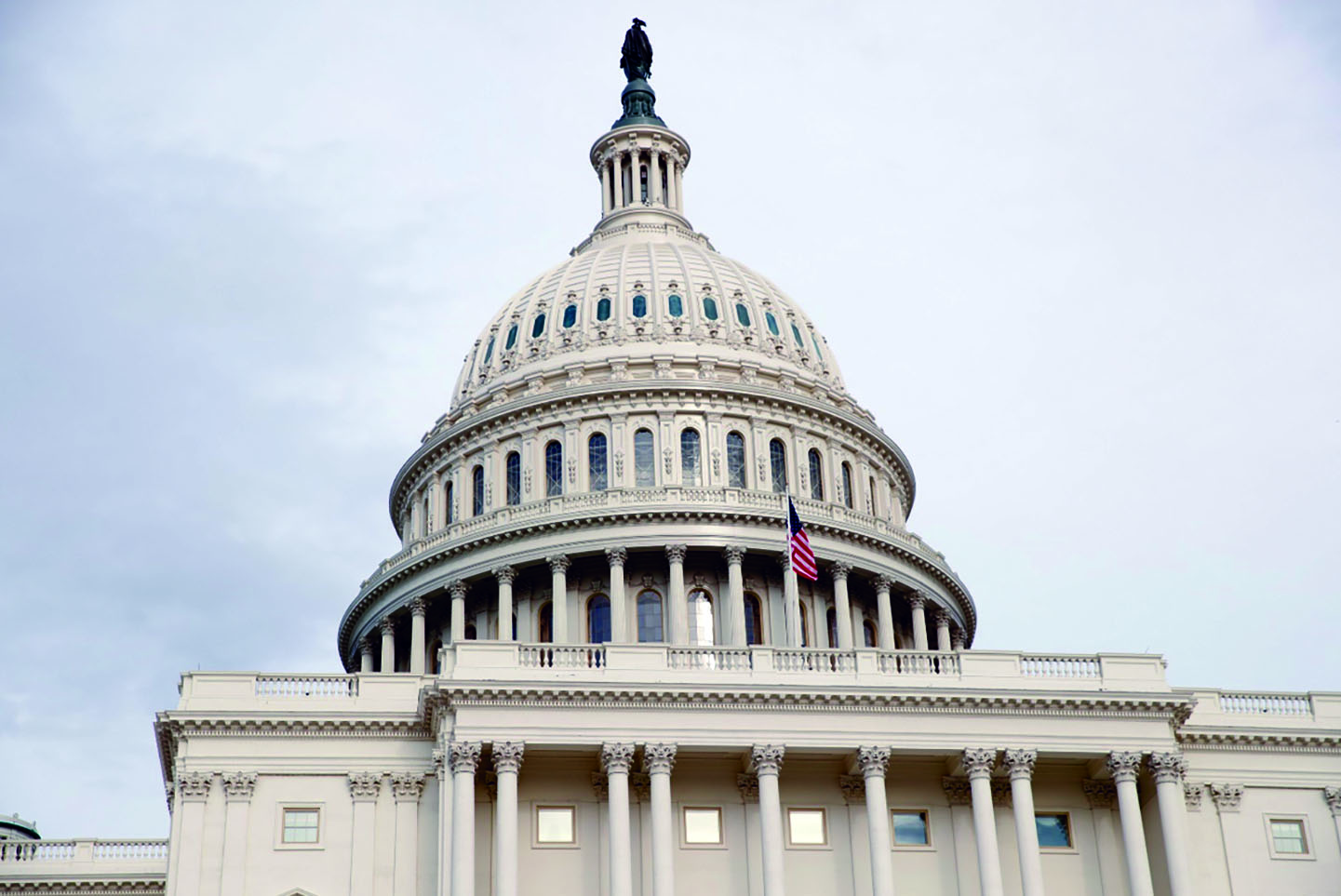AFS Advocates for Small Business Pass-Through Write-Off Permanence
The bill would make permanent the 2017 tax overhaul’s 20% write-off for income from pass-through entities.
In April, AFS joined more than 100 trade organizations in support of the Main Street Tax Certainty Act of 2019, S.1149, introduced by Sen. Steve Daines (R-Montana).
The bill would make permanent the 2017 tax overhaul’s 20% write-off for income from pass-through entities. This provision, known as the Section 199A deduction, is scheduled to sunset at the end of 2025.
Pass-through entities include partnerships and S corporations, which are taxed at the individual owner level. A number of foundries and metalcasting suppliers are designated as S corporations and employ fewer than 100 workers.

“Repealing this sunset will benefit hundreds of pass-through businesses in the metalcasting industry, leading to higher economic growth and additional capital investments,” said Doug Kurkul, AFS CEO.
For the 116th Congress, AFS supports additional tax reform measures to increase tax rate fairness, protect family businesses, support retirement savings and expand 529 education plans to include industry-recognized apprenticeship programs.
A companion measure endorsed by AFS, H.R. 216, was introduced in the House by Reps. Henry Cuellar (D-Texas) and Jason Smith (R-Missouri) earlier this year.
AFS will continue to urge both House and Senate lawmakers to provide small business owners permanent tax relief, including during the upcoming AFS June 11-12 Government Affairs Fly-In.
D.C. UPDATE
Implementation of “Buy American” for Federal Infrastructure Projects Starts
Earlier this year, the Trump administration issued an executive order “Strengthening Buy-American Preferences for Infrastructure Projects.” This order requires federal agencies to encourage contractors working on infrastructure projects that receive federal grants or loans to purchase domestically produced materials. Federal agencies are required to begin encouraging use of domestic products by May 1st and requires submission of an implementation plan for the president by May 31 outlining areas to maximize the use of the Buy-American principles in procurement activities.
Foundries, take note: The order applies to “covered programs,” which includes infrastructure projects that received financial assistance from a federal program, but do not currently include domestic preference requirements. In other words, the Buy-American preference now potentially applies to any project that receives federal funds, even if it is not solicited by the federal government. This applies to local projects receiving federal assistance like aviation, surface transportation, ports, water resources, and energy production projects. It is unclear whether there will be an actual enforcement mechanism for this latest push for stronger domestic preference.
As federal agencies begin to submit plans for implementation of the strengthening of the Buy-American preferences for infrastructure project, AFS will be reviewing these plans and updating the membership.
Bipartisan Measure Introduced to Expand Federal Electric Vehicle Tax Credit
Legislation, the Driving America Forward Act, was recently introduced in the House and Senate to address the growing electric vehicle (EV) market and domestic EV manufacturing. In recent years, the number of electric vehicles sold in the U.S. has significantly increased and so has the use of the $7,500 federal tax credit to purchase an electric vehicle.
The measure would raise the per-manufacturer cap to 600,000 vehicles from the 200,000 per manufacturer that are currently eligible under the law. So far, only Tesla and General Motors have maxed out their credits. The bill would extend the hydrogen fuel cell credit through 2028.
The Senate bill was introduced by Sens. Debbie Stabenow (D-Michigan), Lamar Alexander (R-Tennessee), Gary Peters (D-Michigan), and Susan Collins (R-Maine). In the House, Rep. Dan Kildee (D-Michigan) introduced the measure along with Reps. Earl Blumenauer (D-Oregon), Terri Sewell (D-Alabama), and Tom Suozzi (D-New York).
Click here to see this story as it appears in the May 2019 issue of Modern Casting.
